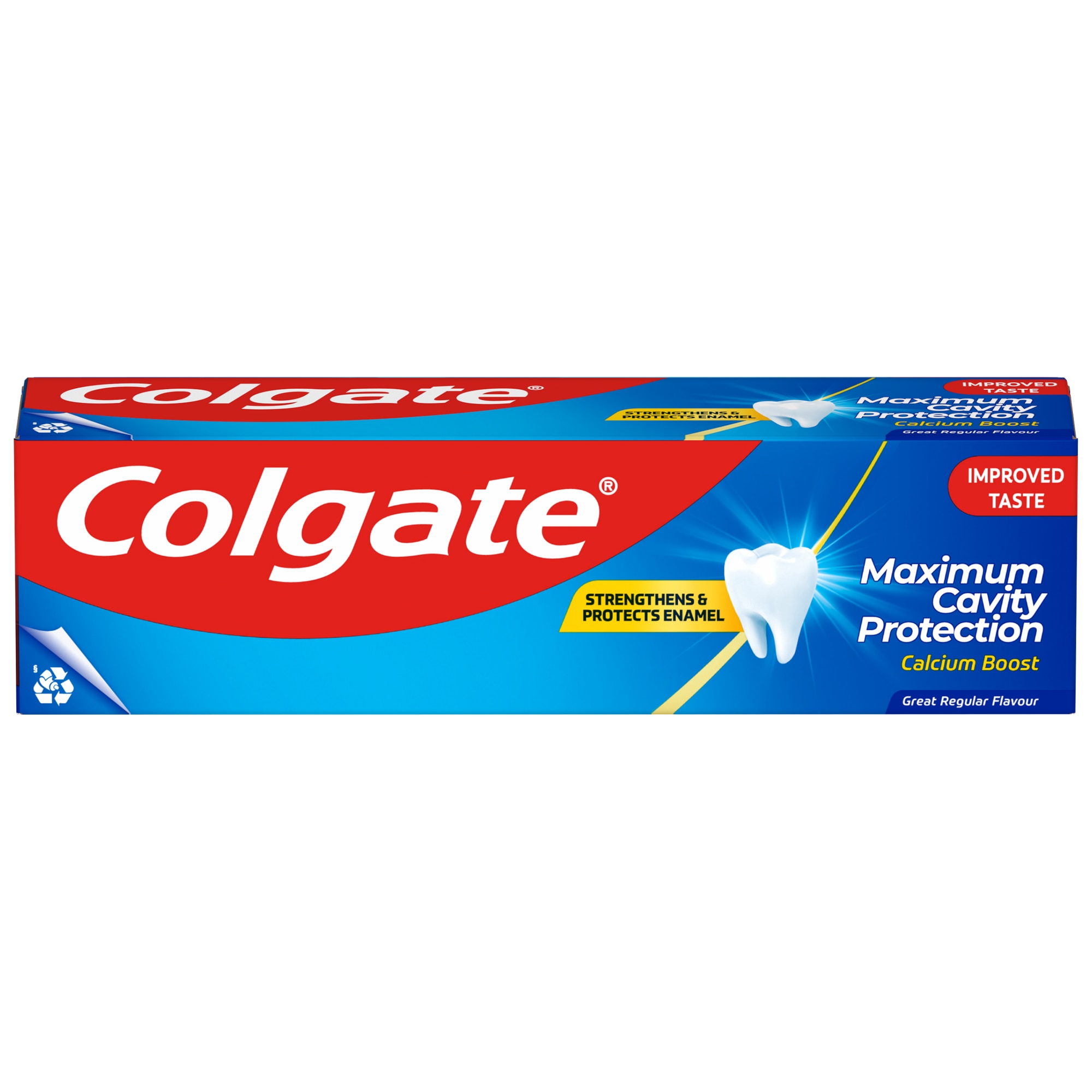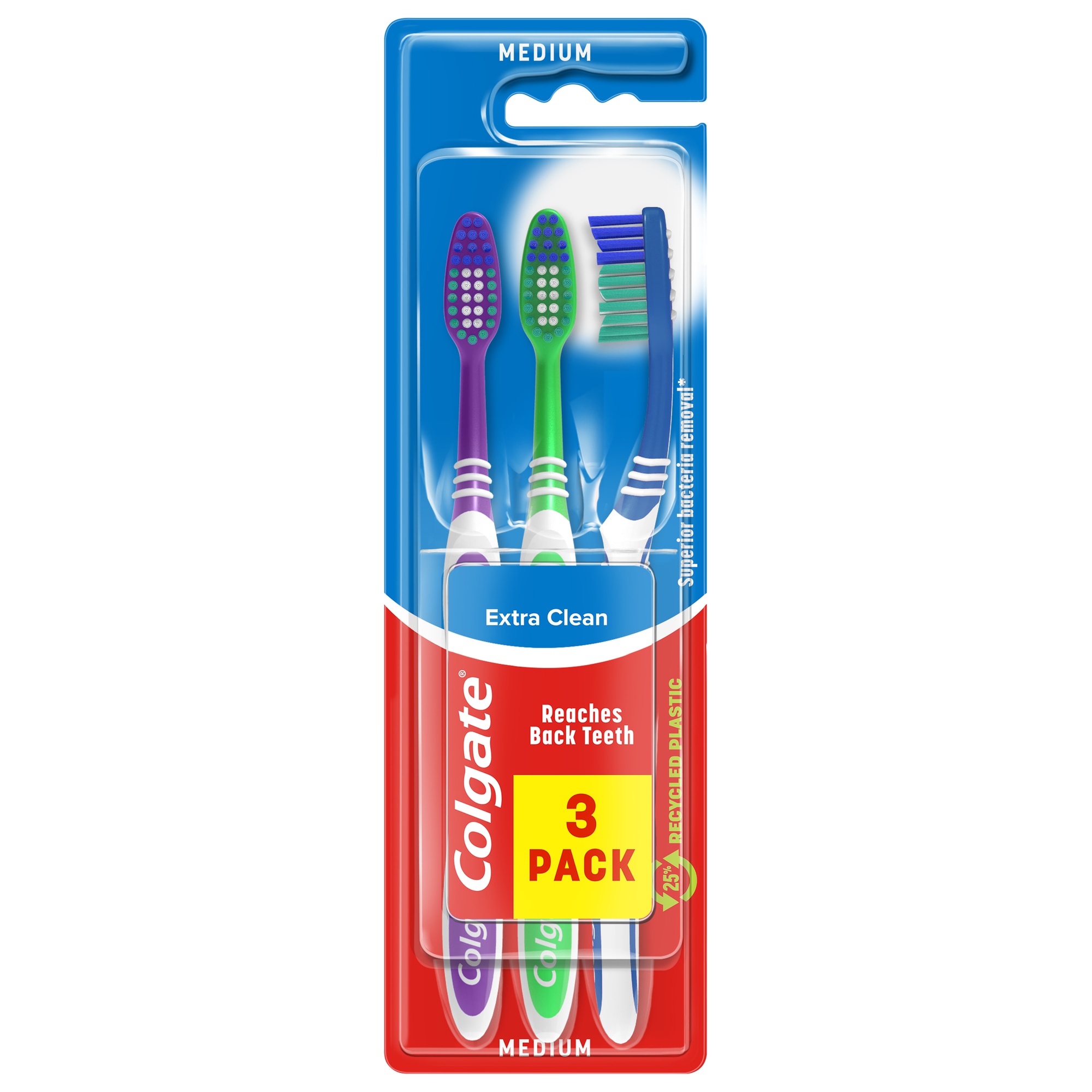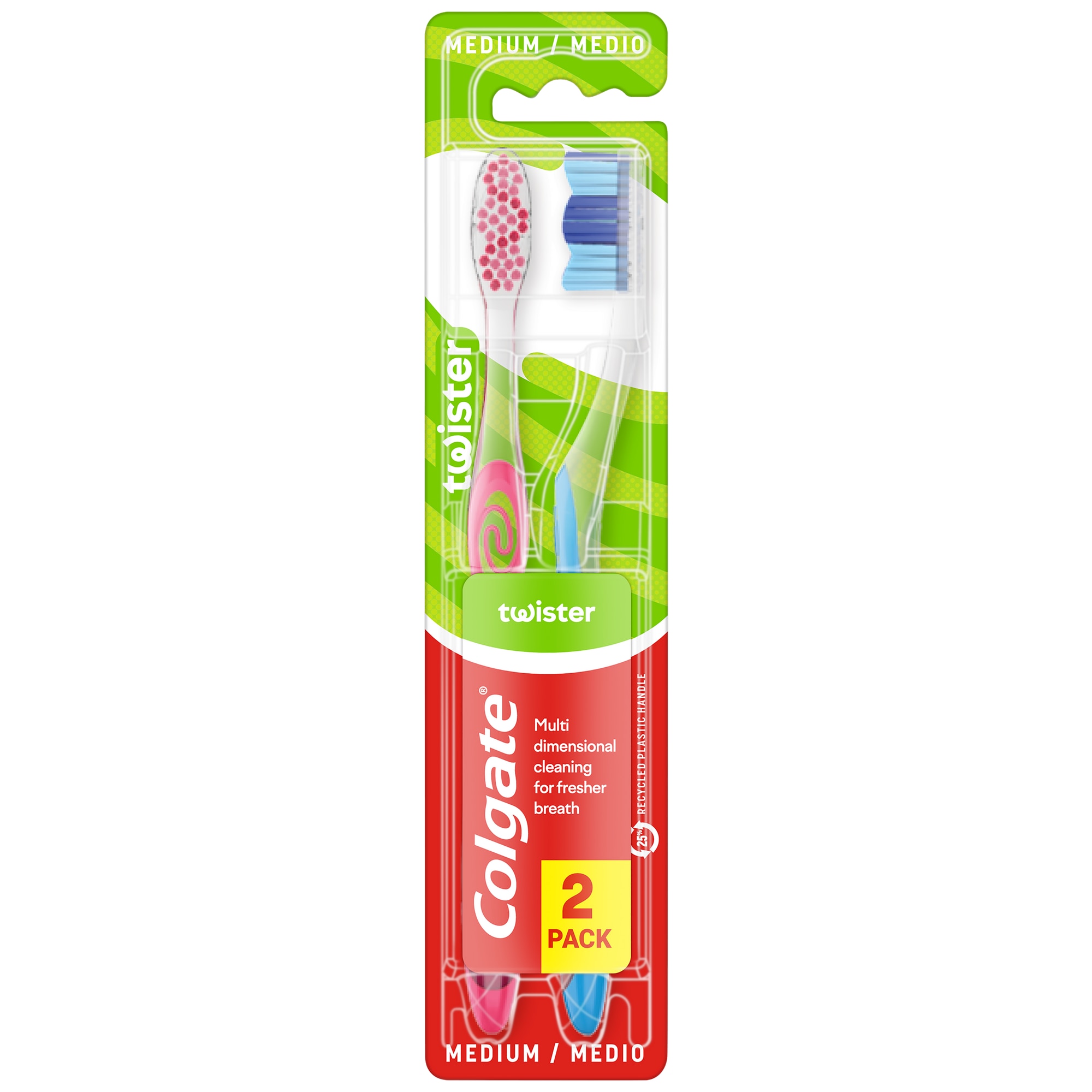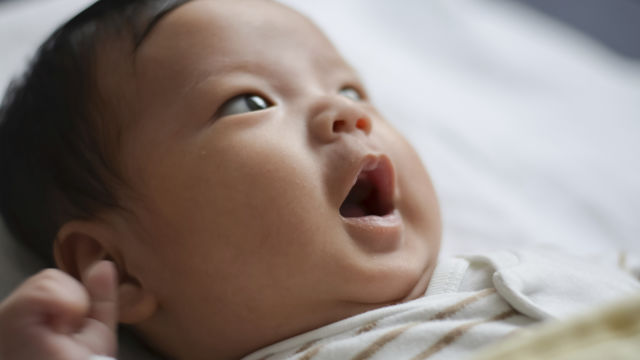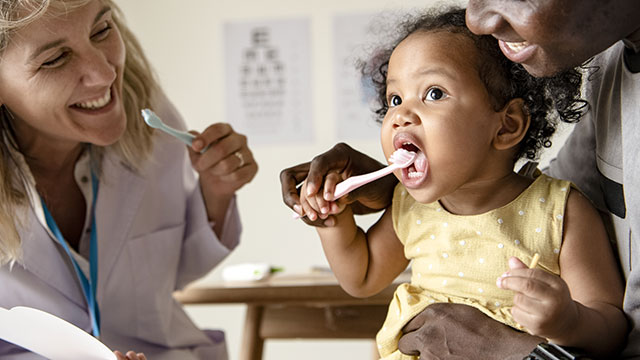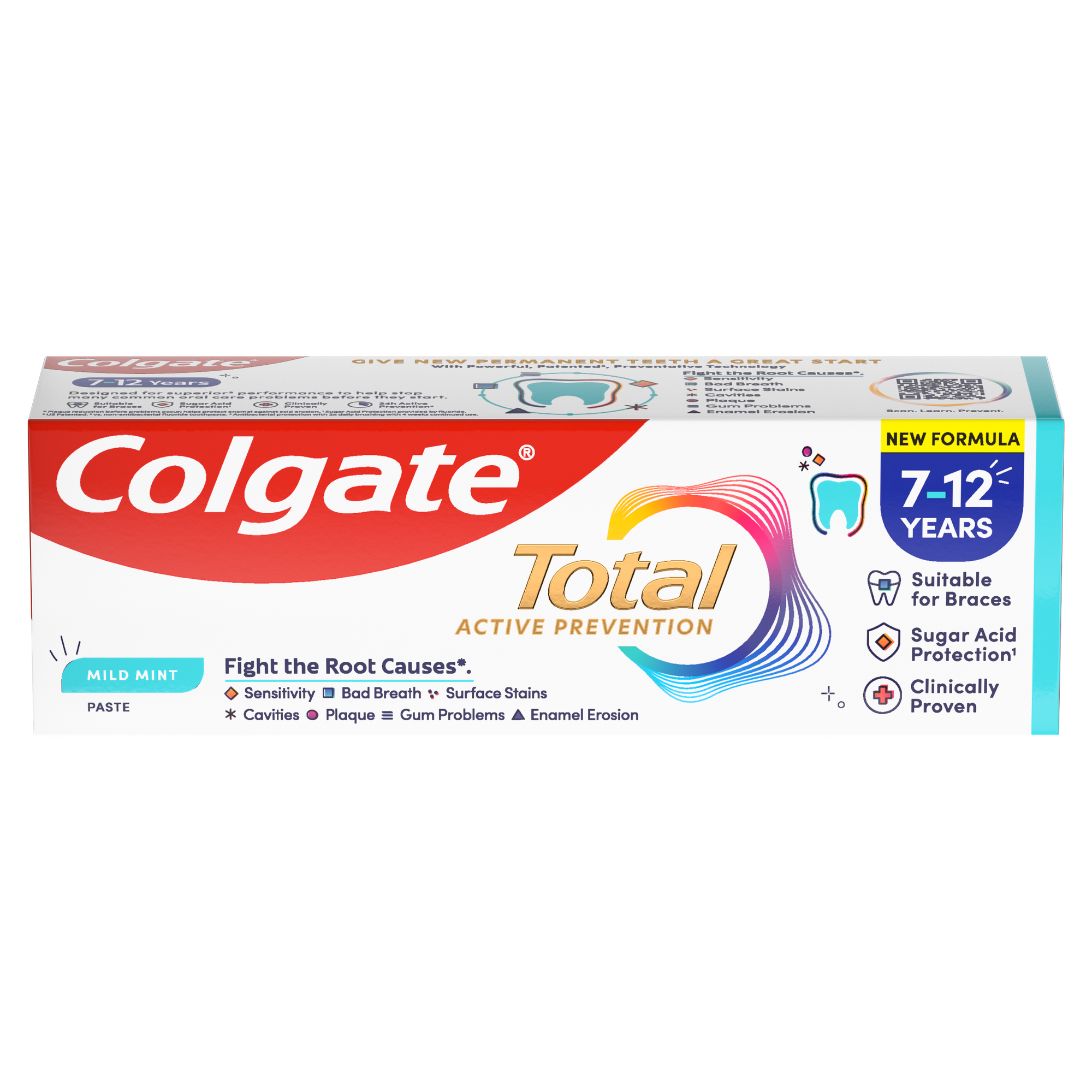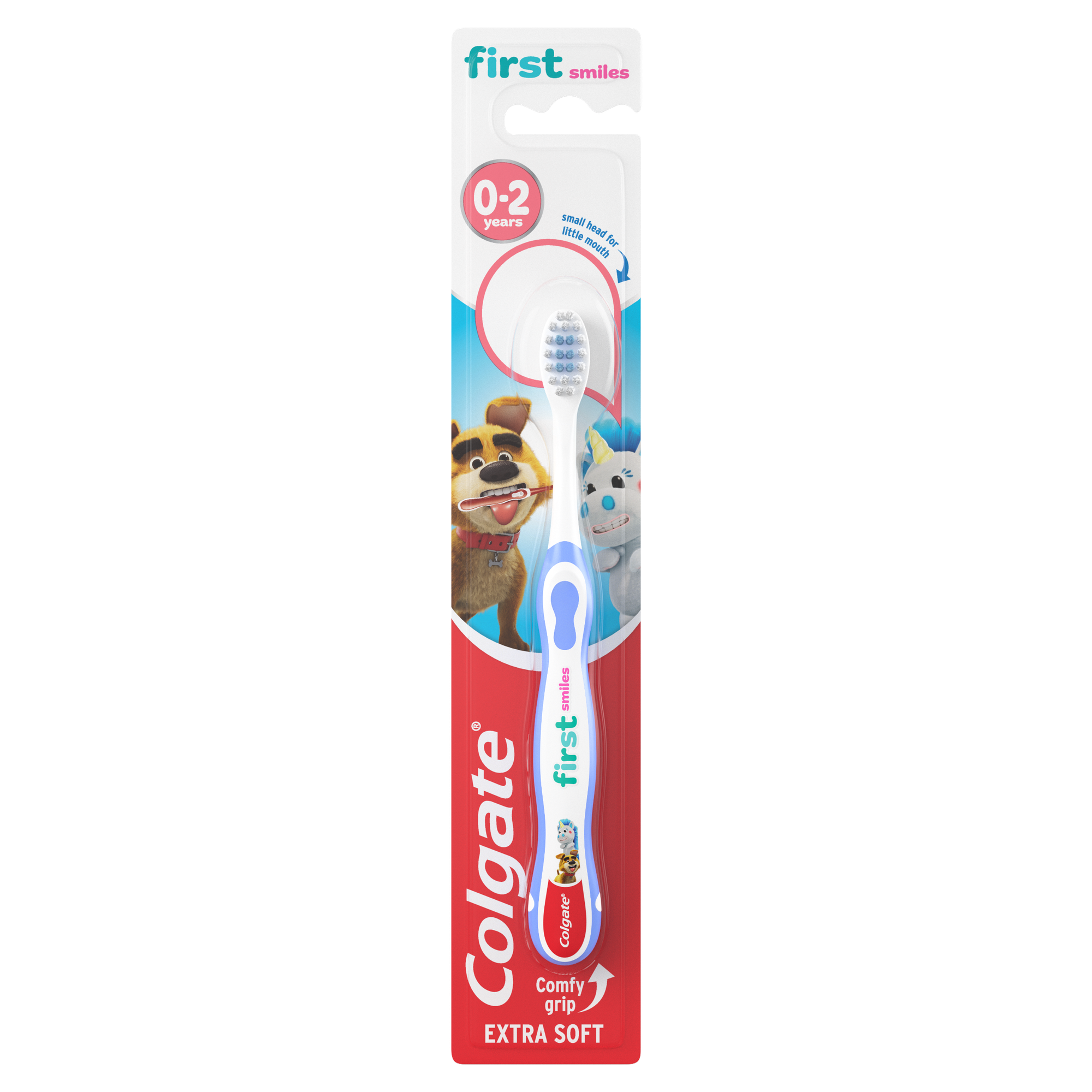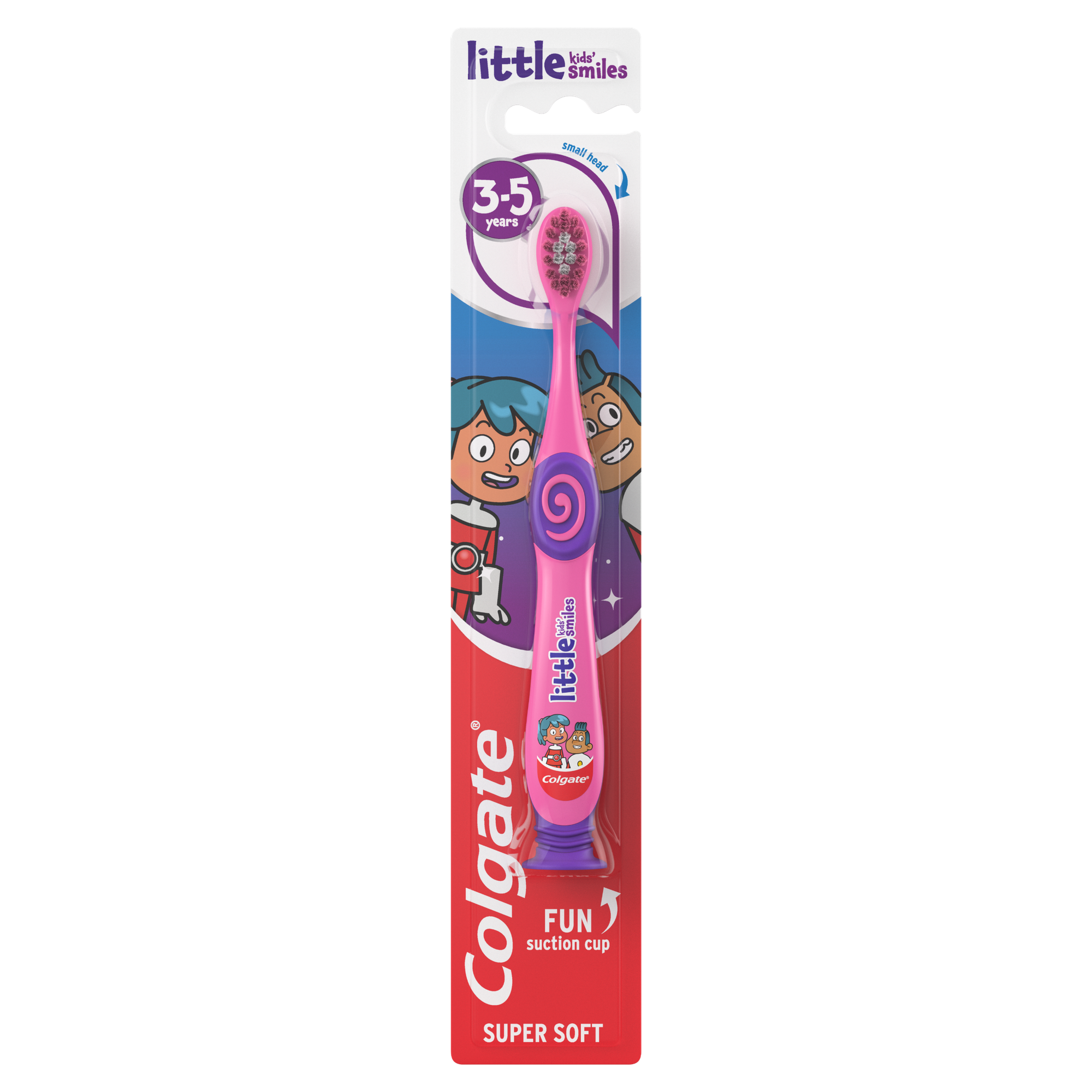When Does Teething Start?
According to the NHS, the first tooth generally appears around the age of 6 months, although all babies are different, and the eruption of the first tooth can be from before 4 months to after 12 months of age. Some children erupt one tooth at a time, while others have teeth that come in pairs or sets. According to the British Dental Association, children should make their first visit to the dentist at around 6 months of age, when the first teeth start erupting. This being said, if a child does not have a tooth by this age, their parents can discuss tooth development in greater detail with the paediatric or general dentist.
Signs My Baby Might Be Teething
Contrary to old wives' tales or what "grandma says," there are no universal signs of teething. Fever, a runny nose, and diarrhoea have been mistakenly linked to teething by more than one parent. None of these symptoms have scientific evidence to support the claim. Symptoms of teething vary from child to child. Some babies may feel no pain, while others exhibit pain and tenderness that linger for several weeks depending on the speed at which the tooth erupts.
A baby may exhibit one or more of the following signs indicating teething:
- Profuse drooling
- Swollen gum tissue with or without a visible "lump"
- Repeatedly rubbing their eyes, cheeks or ears
- Refusing food or bottle when attempts are made to feed baby
- Crankiness
- Inability to sleep/restlessness during usual nap time
- Consistent urge to chew on solid items
Upon reading this list, parents can observe that although these signs may mean other things, the combination of two or more of these symptoms more than likely indicates a teething baby.
How to Treat Teething Pain
Fortunately, many methods of teething treatment exist. Over-the-counter pain-relief medicines including ibuprofen or paracetamol may help to dull the pain. Numbing compounds containing topical benzocaine (similar to the gel used by dental professionals) are available, but some research indicates that these should be used in great moderation as they may affect the baby's blood oxygen levels.
Other teething soothers include a refrigerated baby teething ring or using a clean finger to apply pressure on the gums, which may transmit a feeling of relief for baby. Avoid giving baby hard food to chew on, as it may pose a choking hazard. A warm bath and gentle rocking may also help to calm and relax the child.
Caring for the New Tooth
Using a clean wash cloth to gently cleanse baby's mouth is a good habit to get into, even before the first tooth arrives. Toothpaste is not as important in these early stages as the mechanical removal of bacteria. At baby's first dental appointment, the dental professionals will guide parents through the steps in caring for baby's teeth and gums. Questions are always welcomed at this appointment because caring for a child's teeth is a partnered effort between the parents and the dental office.
This article is intended to promote understanding of and knowledge about general oral health topics. It is not intended to be a substitute for professional advice, diagnosis or treatment. Always seek the advice of your dentist or other qualified healthcare provider with any questions you may have regarding a medical condition or treatment.
